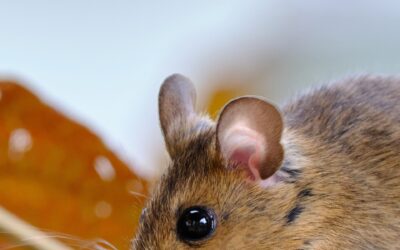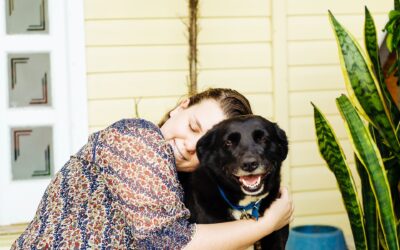Help & Advice
Caring for your petHere you will find a range of resources on understanding the behaviour of your pet as well as caring for it.
Have we helped you care for your pet? Why not become a regular giver!
Why we set rehoming criteria for individual dogs
Dogs: Behaviour & Training Advice
We understand it can sometimes be a frustrating process when you are trying to rehome a rescue dog...
Keeping children safe around dogs
Dogs: Behaviour & Training Advice
Dogs and children communicate very differently, but they can be great friends and help children...
Understanding dog behaviour
Dogs: Behaviour & Training Advice
Understanding dog behaviour As a dog owner, it's always a good idea to keep an eye on your dog's...
Caring for your pet while you are on holiday
Cat: Advice & Care, Dogs: Behaviour & Training Advice, Ferrets: Advice & Care, Pets & People: Welfare Advice, Rabbit & Guinea Pig: Advice & Care, Small Furries: Advice & Care
Leaving your pets in safe hands Planning for a holiday can be an exciting time but don’t forget to...
Guide to living with foxes
Foxes are adaptable animals that live in many different environments across the world from the...
Guide to living with mice & rats
This guide focuses on the four species most commonly found in homes or gardens: the house mouse,...
Mental health, pets and people
Cat: Advice & Care, Dogs: Behaviour & Training Advice, Pets & People: Welfare Advice, Rabbit & Guinea Pig: Advice & Care
It has been shown in scientific studies that pets can improve our mental health. An RSPCA poll by...
Ferret Spaying and Neutering Guidelines
Neutering is important in many species to prevent unwanted pregnancy and to protect against...
Rabbit & Guinea Pig Spaying and Neutering guidelines
Rabbit & Guinea Pig: Advice & Care
Rabbits: Rabbit Neutering is vital to counteract the overpopulation of unwanted rabbits and to...









